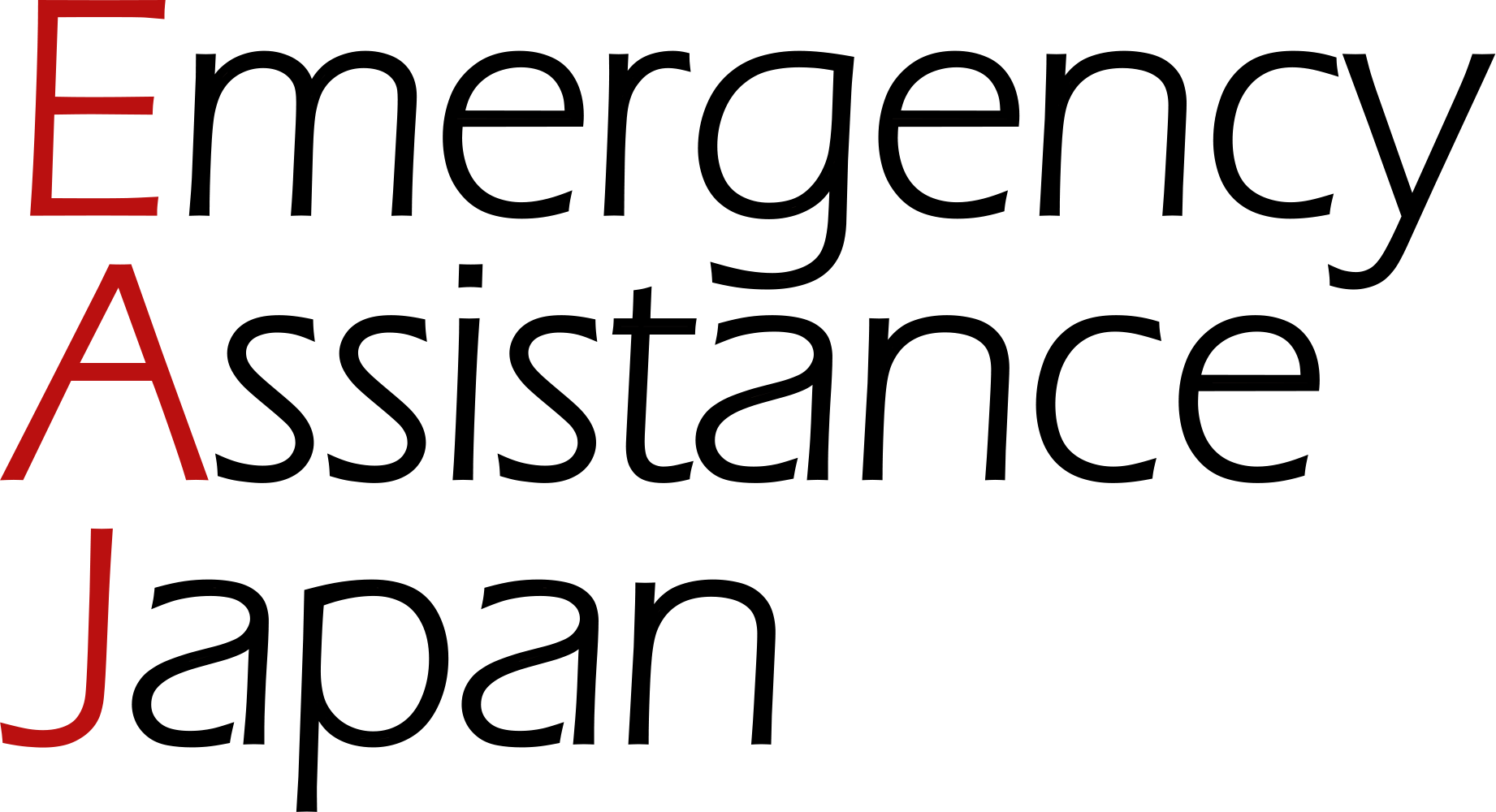Complete Medical Checkup. Health Assessment
- HOME
- Healthcare(Complete Medical Checkup. Health Assessment)
- Complete Medical Checkup. Health Assessment
- When considering treatment in Japan, first get a “second opinion”
When considering treatment in Japan, first get a “second opinion”
23.09.29
What is a second opinion? What is the need for it?
A “second opinion” is when a patient receives an opinion from another doctor or medical institution in addition to the current treating doctor’s opinion, or “first opinion.
A second opinion may be obtained to confirm that the initial diagnosis and treatment plan is correct in the case of a serious illness or the need for surgery, to reduce the patient’s own anxiety, or to help the patient choose the best treatment option, as different doctors and specialists may have different treatment methods and approaches. It is beneficial to seek a second opinion to confirm the accuracy of the diagnosis, especially in the case of intractable or rare diseases.
Specific examples of second opinion
Example: A nodule was found in the lung and resection was recommended…
When a 3 mm nodule is found on examination of the lung area, resection for biopsy may be recommended first. However, in many cases, the biopsy results are benign and resection is unnecessary. Excision, even though unnecessary, places a heavy burden on the body and may impair quality of life. On the other hand, Japanese experts may suggest that if there is a low probability of malignancy based on an overall assessment of shape, location, color, etc., the patient should first be observed at first for periodic follow-up.
Example: I was told that I could not have surgery for cancer…
This is an example of a patient who had stomach cancer and wanted to have surgery, but was told by his doctor in his own country and also by doctors in countries he visited on medical tourism that surgery was not possible, so he sought a second opinion from a Japanese doctor. After a close examination of images and other information by Japanese doctors, it was concluded that surgery was not possible right now, but if the tumor shrank after chemotherapy with anticancer drugs, there was a good chance that surgery would be possible. This patient actually underwent successful surgery in Japan, starting with chemotherapy.
Example: a child’s spine was found to be curved and surgery was said to be necessary…
In my home country, a doctor told me that my child’s spine was crooked based on X-ray images and needed surgery at an early age. However, I was concerned about performing a major spinal surgery on a growing child, so I sought a second opinion from a pediatrician in Japan. As soon as a Japanese saw the image, he pointed out that this was a child, and that it just looks bent due to the fact that it moves while the image is being taken. After another x-ray, it was found that there was nothing wrong, and of course, no surgery was required, which relieved the parents.
Example: I don’t understand my doctor’s explanation…
A second opinion is also available if you do not understand or feel resistance to about your doctor’s treatment plan. Even if your opinion agrees with that of your doctor, Japanese doctors generally take the time to explain things carefully and clearly, so that you can understand the treatment plan, reduce your resistance, and actively cooperate with the treatment.
Deciding as to whether to accept treatment in Japan, starting with a second opinion.
An increasing number of medical institutions are recommending a process whereby a patient who wishes to receive a decision on whether or not to undergo treatment from a Japanese medical institution first undergoes a second opinion, followed by a detailed review of medical information in his or her home country. If you need a professor- or associate professor-level opinion at a university hospital, or if you need an opinion quickly and urgently, we also offer a special route to make an appointment with a renowned doctor.
Make your decision based on specialist doctors’ opinion rather than public rumors!
How to get a second opinion
In addition to going to a medical institution on the day of the appointment and hearing the opinion directly from the doctor in the office, second opinions are increasingly being given through online meetings. EAJ’s medical interpreters can also provide a service in which EAJ’s medical interpreters will go to the medical institution on the patient’s behalf after asking questions in advance, take notes on all the doctors’ opinions, etc., and provide a written report. A patient is susceptible to get nervous and forget to ask questions, or to not understand the doctor’s answers well but not be able to ask the questions again. There is no need to worry about this, as EAJ’s interpreters, who are accustomed to second opinion consultations, will listen to you carefully for your needs. Since the method of consultation differs from medical institution to medical institution, please contact EAJ for consultation.
